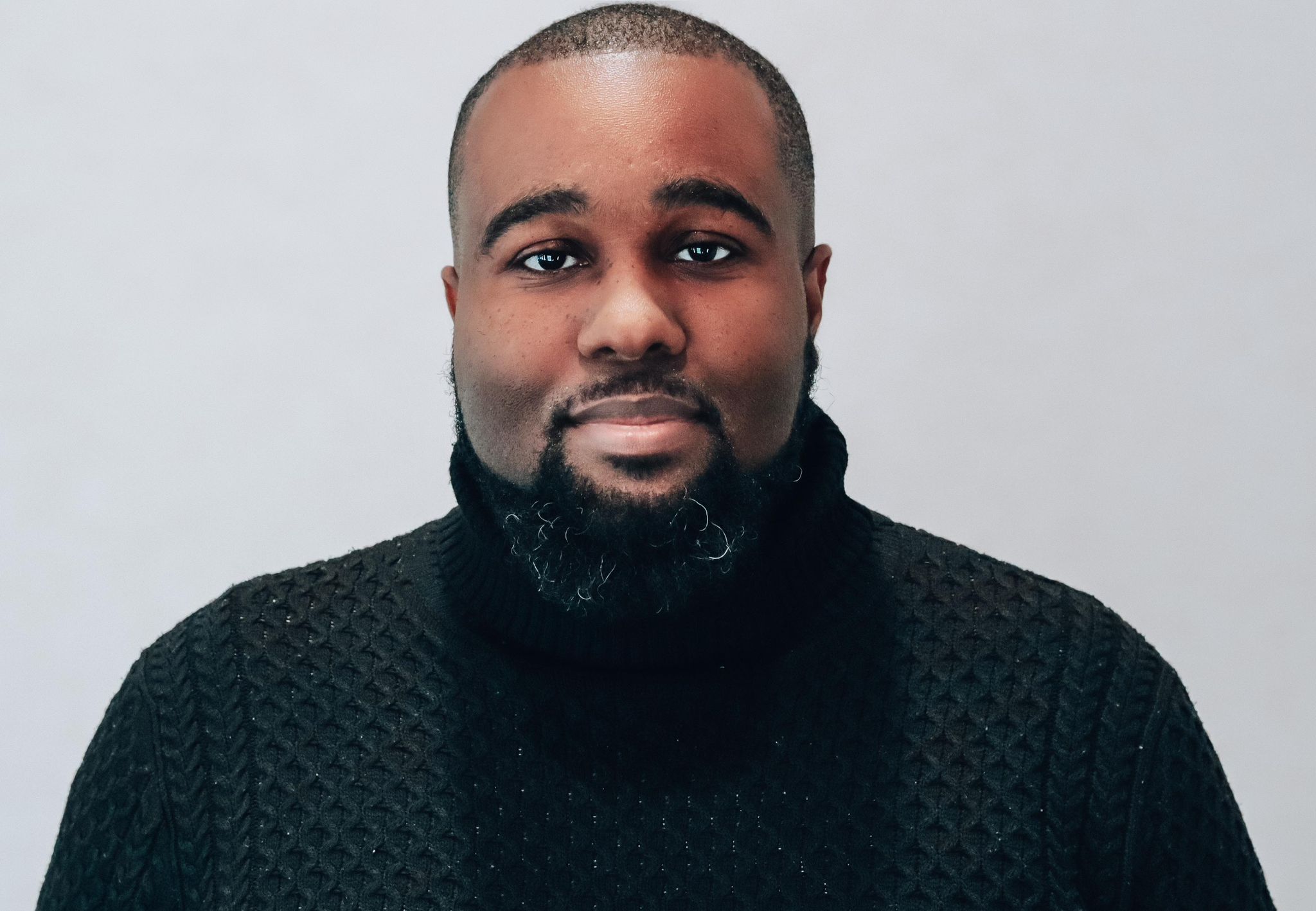By Adam B. Coleman
It’s normal to want to feel acknowledged, understood, and advocated for. Being invisible in society makes it hard for others to connect with you. We all have a story and may have even experienced varying degrees of trauma, which ultimately helps shape who we are today. For example, some of us have endured horrible childhood experiences that leave us emotionally scarred, to the point of it being painfully obvious.
Our success in life after such events depends on how we cope with these experiences. Without the ability to manage and move past the pain, many turn to the bottle to drown in our sorrows. Some ingest narcotics to bring them to a state of mind where their vivid memories can’t constantly remind them of what they want to forget.
As Americans, we’re no stranger to addiction in its variety of forms. Whether it be drug addiction, sex addiction, gambling addiction, or even video game addiction, they all present similar side-effects. In each case, they’re simultaneously mechanisms for distraction and a prevention of self-improvement.
When you’re constantly occupied with indulgence, you’re oblivious to destruction.
If it doesn’t revolve around a visible substance, we’re blissfully careless to address the destruction of self. We’re keenly aware of how an alcoholic or drug addict behaves and what they look like, but what if the addiction comes from something that can’t be purchased with money. What if it merely manifested?
Could we identify it if we can’t see it?
We now have a new substance that we’re addicted to in America that’s all the rage. It’s consumed by every demographic from coast to coast and it spreads faster than an airborne virus.
The addiction is insidious because no one actually dies from it physically. However, it slowly destroys the minds of Americans. Instead of using a lighter to ignite the chemicals within a pipe, you just need to ignite the belief in your mind that it is real and determinative of your existence.
This new drug is called “victimhood” and it costs little to produce for the masses. Our desire to be understood has put the public on notice. We’ve collectively acknowledged that societally, we may have our blind spots with people that differ from ourselves. We came in good faith by giving people the benefit of the doubt that they may have been hurt by our ignorance.
Recently, however, we’ve overindulged on the victimhood elixir to the point of addiction. We no longer care why someone is empathetic to our cause. More so, we have disabled ourselves from moving forward without the advocacy of others. Whether their empathy is genuine or stems from a place of pity, it matters not; we just want our fix.
Much like other addicts, our addiction to victimhood makes us irresponsible for our situations, as it is no longer our fault that we destroyed ourselves. We are dependent on others for constant acknowledgment of our emotions because we are emotionally incapable of addressing our pain alone.
Our failures, our flaws, and our outcomes are no longer ours individually to bear, as we are unaccountable for our poor decisions. Unsurprisingly, addicts tend to behave this way.
Victimhood is in heavy supply because it’s incredibly easy to manufacture. Our media projects a variety of narratives that act as an emotional narcotic, and the only payment they need is your attention.
Meanwhile, our politicians participate in this industry as they behave like drug runners for the hottest narrative on the market. Our intellectual elite, on the other hand, portray themselves as licensed doctors who knowingly give opioids to their addicted patients. This helps legitimize their necessity to indulge in more victimhood.
Victimhood is a big business in America. It’s easy to manufacture, it’s in high demand, and there are no legal ramifications for poisoning people with it. Everyone is now a victim of something, even if the pain they are carrying isn’t theirs. We implore to the public our marginalized status even if we are fortunate. We desire to be saved by others instead of saving ourselves.
When that day comes, when we walk into a room filled with our loved ones for an intervention, we will fight them tooth and nail, much like how we react when we’re told we don’t need to be victims anymore.
Our path forward as Americans is not through charity, it’s through accountability. I strongly believe that God has given us all the strength to overcome our situations. With this belief, we would no longer need our victimhood hustlers anymore.
Our intoxication has led to our manipulation for us to remain sedated, so we don’t reach our true life potential. In doing so, we will stay as regular consumers of the American cartel’s victimhood product.
Subscribe to get early access to podcasts, events, and more!






